In Denver, before a friendly crowd, a scathing description of the upper basin vs. the lower basin. Guess who was compared to ski town trustafarians?
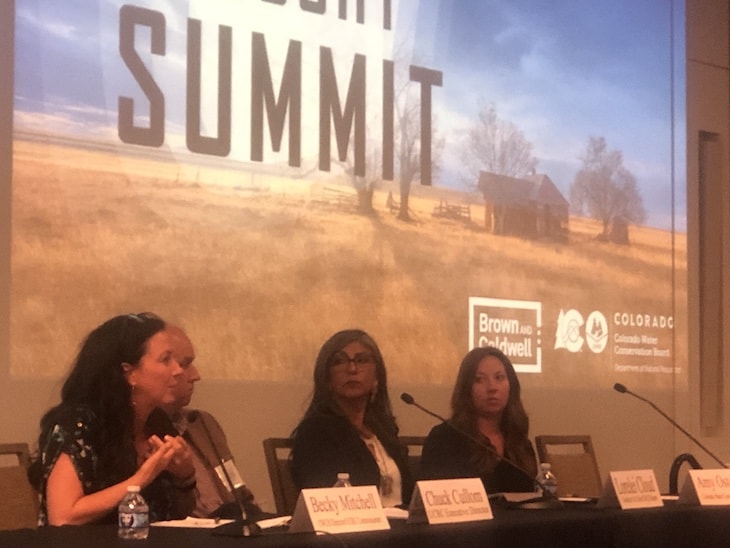

In Denver, before a friendly crowd, a scathing description of the upper basin vs. the lower basin. Guess who was compared to ski town trustafarians?
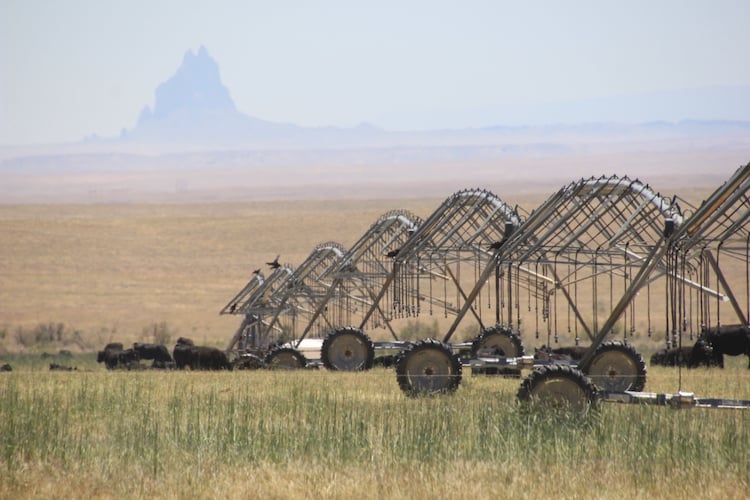
The river is in deep doo-doo, and worse may very well come. So why such a sluggish reaction?

Without a more muscular federal role, must Colorado farmers bear the burden of water shortages in the Colorado River Basin? Cites likely won’t.

George Sibley says it is time for the seven states to throw out the the now century-old compact and start over.
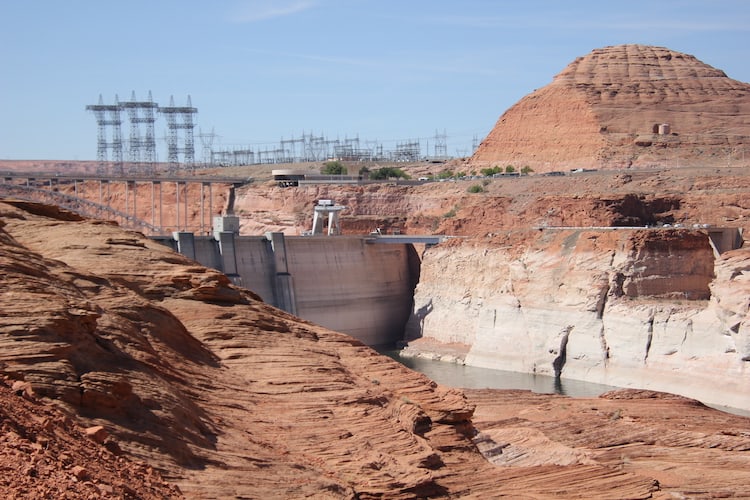
Relics of construction of Glen Canyon Dam have been exposed by receding waters of Lake Powell. Also exposed have been weaknesses of the 1922 compact governing allocations. Can this document be modified to recognize 21st century realities?
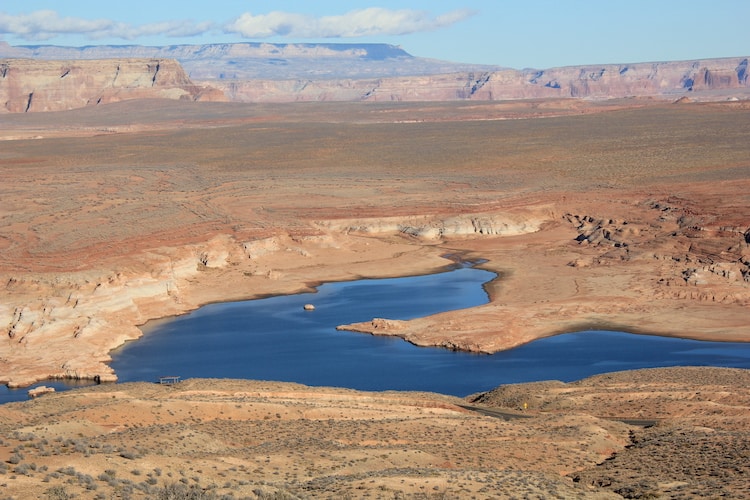
Climate change adds a new layer to the talk in the fast-declining Colorado River Basin. Net-zero concepts moves forward. Plus planning for extreme weather.

Those who crafted the Colorado River Compact assumed far too much water, but they could not have known about human-caused aridification. It’s a real problem.

A visit to where the compact was conceived in New Mexico in 1922 provokes questions about whether the agreement needs to be remodeled—or razed.
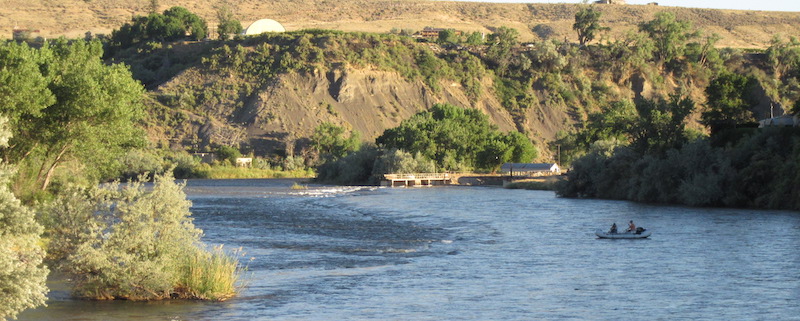
George Sibley says worried debate in Colorado and other upper-basin states about how to avoid a Colorado River Compact curtailment is badly misplaced.